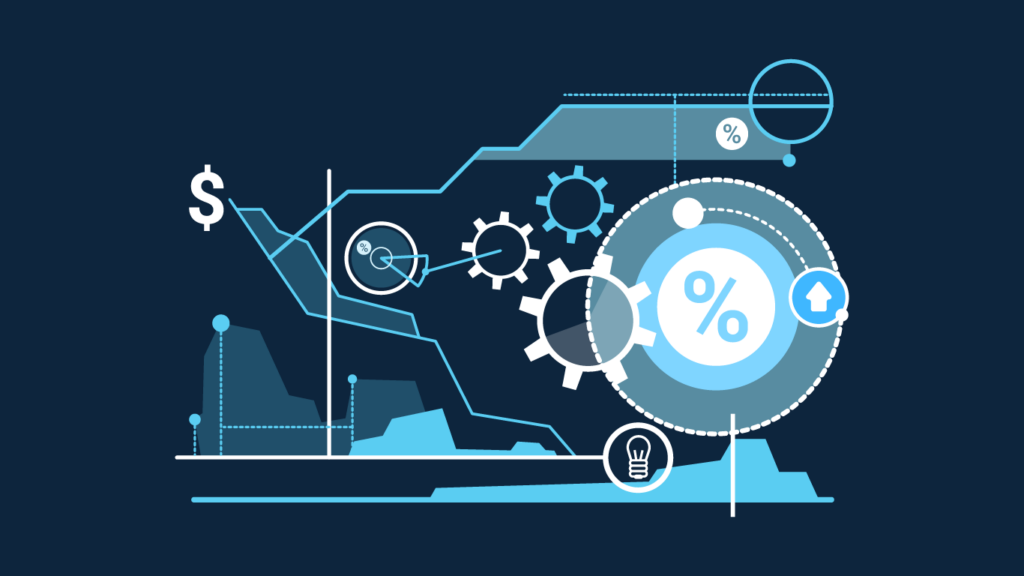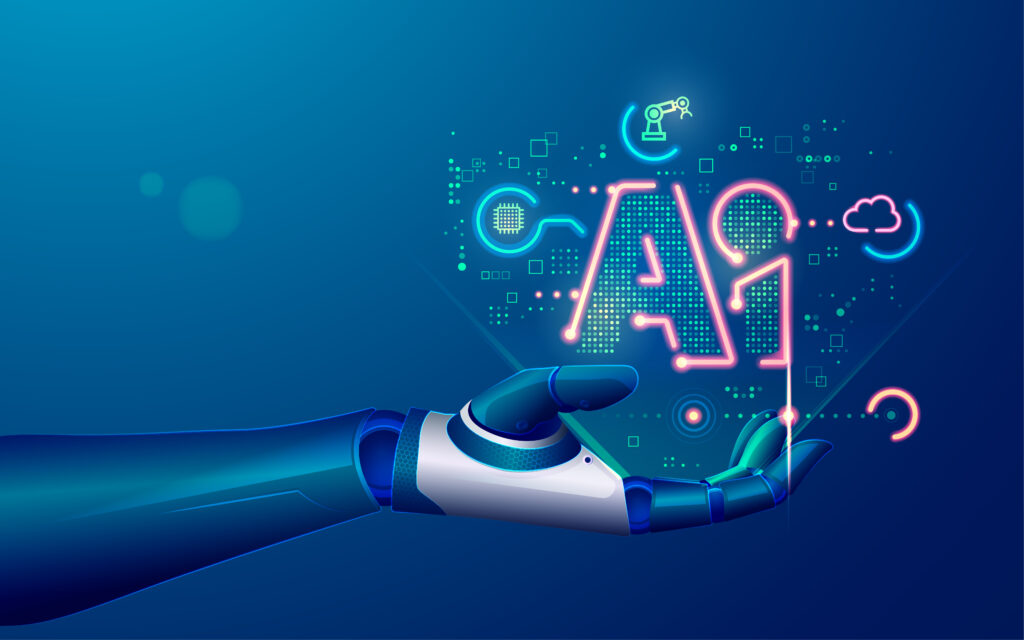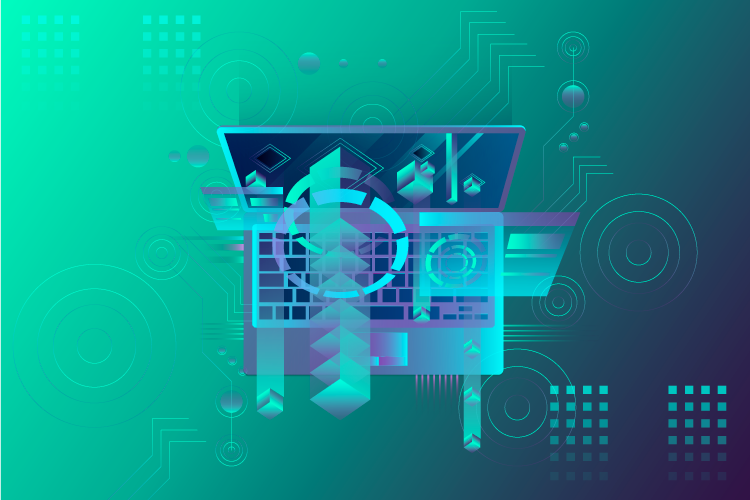Just a few years ago, you might have had doubts about whether the rise of AI was just a passing trend. However, recent developments, including the emergence of generative AI tools like ChatGPT, have made it clear that we are entering a new era. This era is expected to bring about changes to our lives as profound as those seen with the advent of personal computers, the internet, or smartphones, if not even greater.
Google CEO Sundar Pichai even predicted in 2016 that AI would have a greater impact than fire or electricity. As we enter this new AI era, it's crucial that everyone familiarizes themselves with the following facts in 2023 to navigate these early days.
AI is not a futuristic concept but a present reality
Although the current AI tools and applications are impressive, they will likely seem outdated in comparison to what will be available in five years. Nonetheless, AI has already been integrated into various aspects of our daily lives without many people realizing it. A survey conducted a few years ago found that while 84% of people use AI on a regular basis, only 34% are aware of doing so. Common examples of using AI include online shopping, internet searches, food delivery orders, ride-hailing services, navigation, and entertainment consumption.
AI may not make you obsolete – Yet!
Despite being a major concern for many. While AI has the capability to analyze and interpret information faster and more accurately than humans in some job roles, it does not possess the complete skill set required to fully replicate most human work. Even though billions have been invested and many companies have reached the trial stage, self-driving vehicles have not yet been fully developed, and bus or taxi drivers are not immediately at risk of being replaced. Furthermore, AI is not advanced enough to fully replace knowledge workers or those in roles that require human-to-human interaction, such as nursing or teaching. While some jobs have been replaced by automation, such as manual manufacturing work, retail cashiers, and bank clerks, the need to design, implement, sell, manage, and oversee technology and AI creates new job opportunities.
AI is poised to have an impact on your employment, enterprise, or industry
Neglecting the rise of AI and assuming that it will not influence your work, business, or field is the greatest error one could commit today. It is highly probable that AI will impact your endeavors, and it is crucial for individuals and corporations to contemplate how it will affect them. Failure to do so could result in losing out to competitors or startups who have promptly adapted to the shifting landscape. No one wants to end up like Blockbuster Video or Kodak, both of which believed that the existential threats to their central business models were fleeting trends. AI is not a transient trend, and its consequences are anticipated to be much more extensive than those of streaming video or digital cameras; as a result, we must begin planning for it immediately.
Generative AI is accessible to everyone
AI tools and applications are already available to assist and improve our work. For instance, if our task involves generating reports or summarizing data, tools such as ChatGPT can aid in drafting, outlining, and identifying key points. There are also other generative AI tools that can be utilized by anyone in creative industries or those who require efficient communication of ideas, including video, music, and image creation.
AI Ethics
Ensuring that AI is ethical and transparent is crucial because it ultimately boils down to trust. As AI relies on data, particularly human data, which reveals intricate details about our lives and needs, the more it knows, the more effectively it operates. When AI possesses this knowledge, it can perform incredible feats such as addressing critical global challenges like climate change, cancer, and Alzheimer's disease.
The impact of the AI revolution on our world is unpredictable, but keeping up with the latest information and adjusting to forthcoming changes can help people and organizations flourish in this new age. To create a future where AI benefits humanity and fosters positive change, it is crucial to promote ethical AI development, ensure fair access, and strike a balance between advantages and risks.





